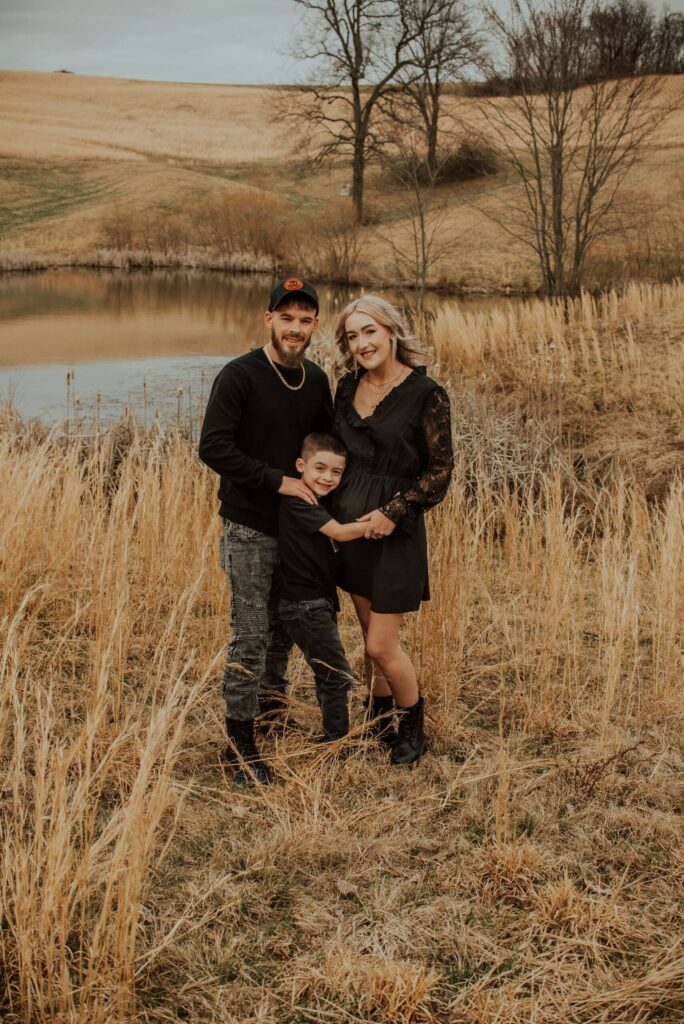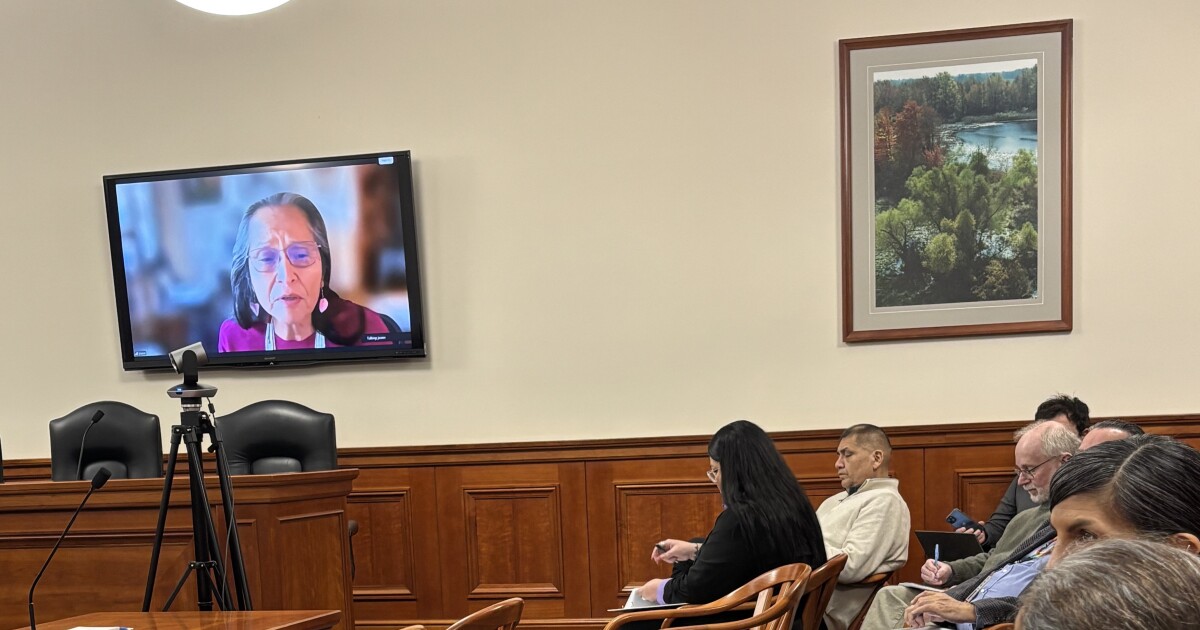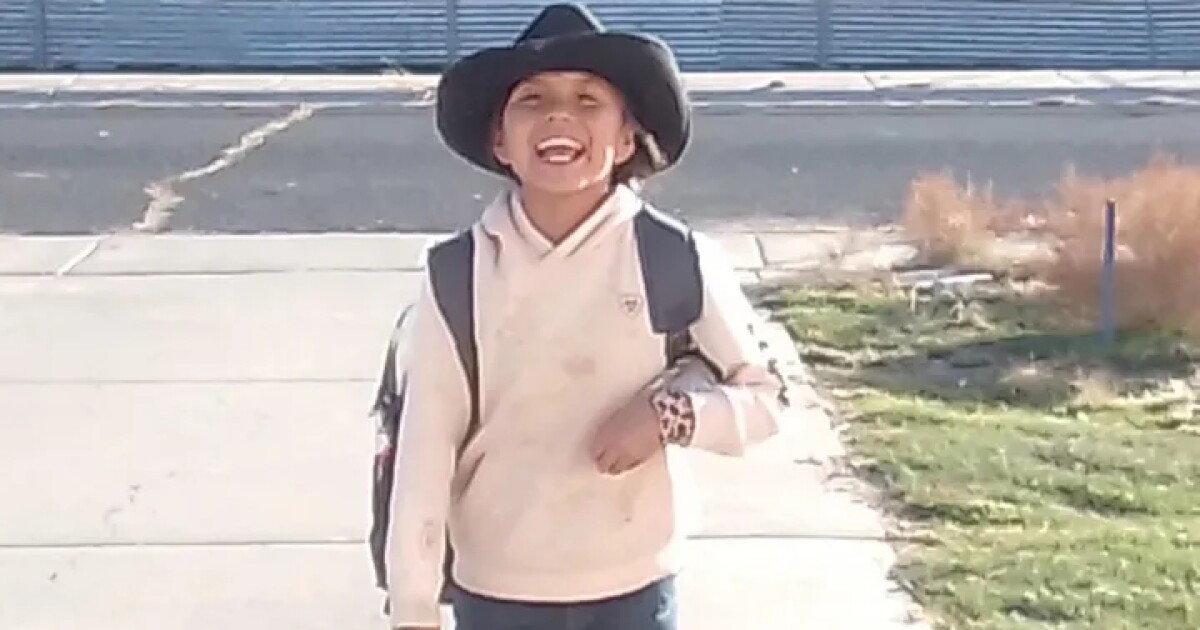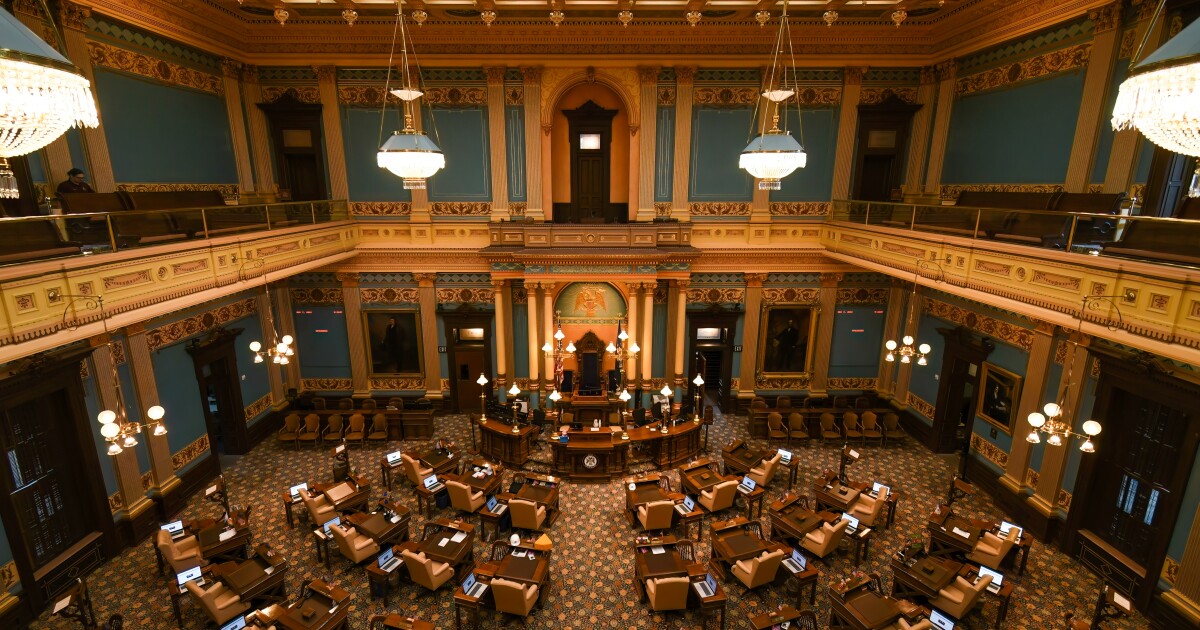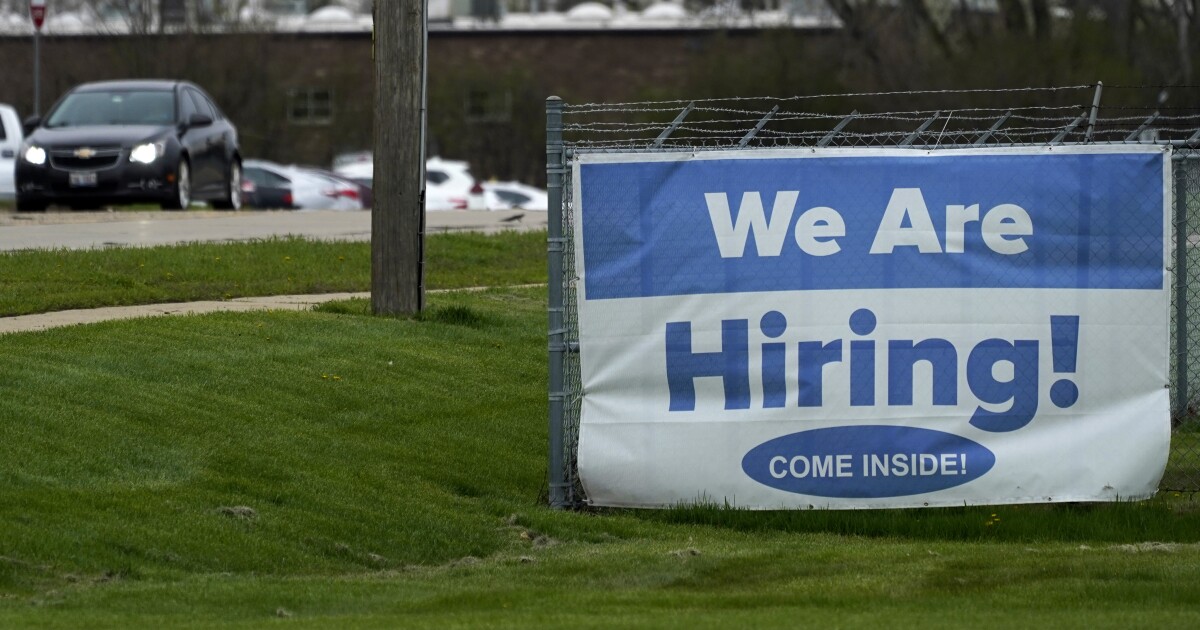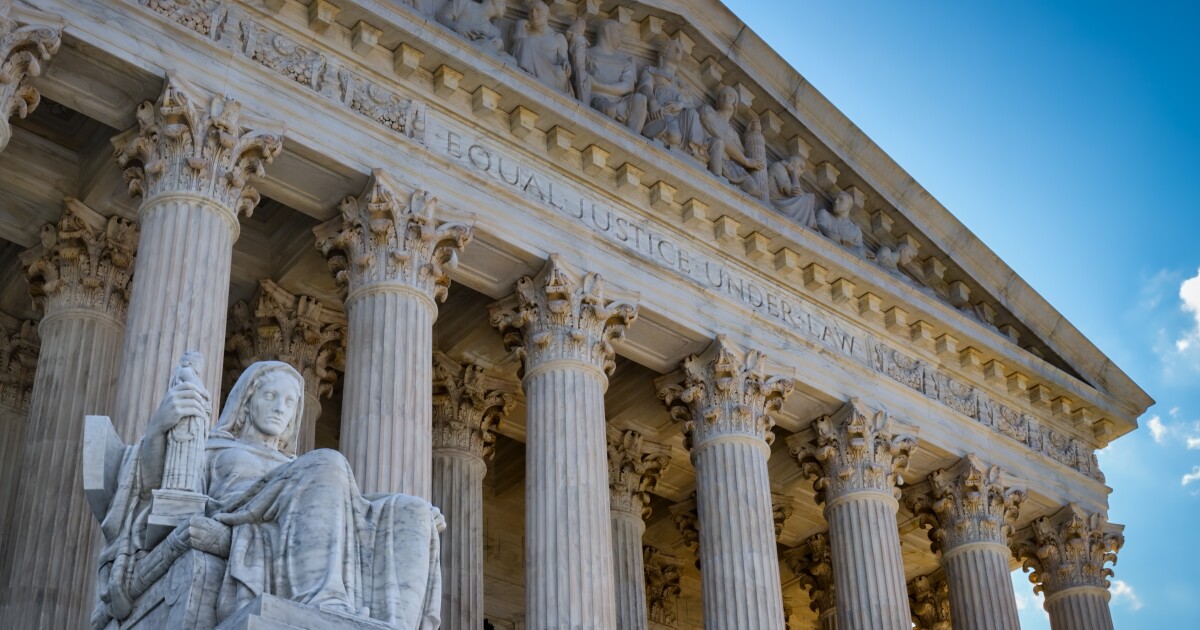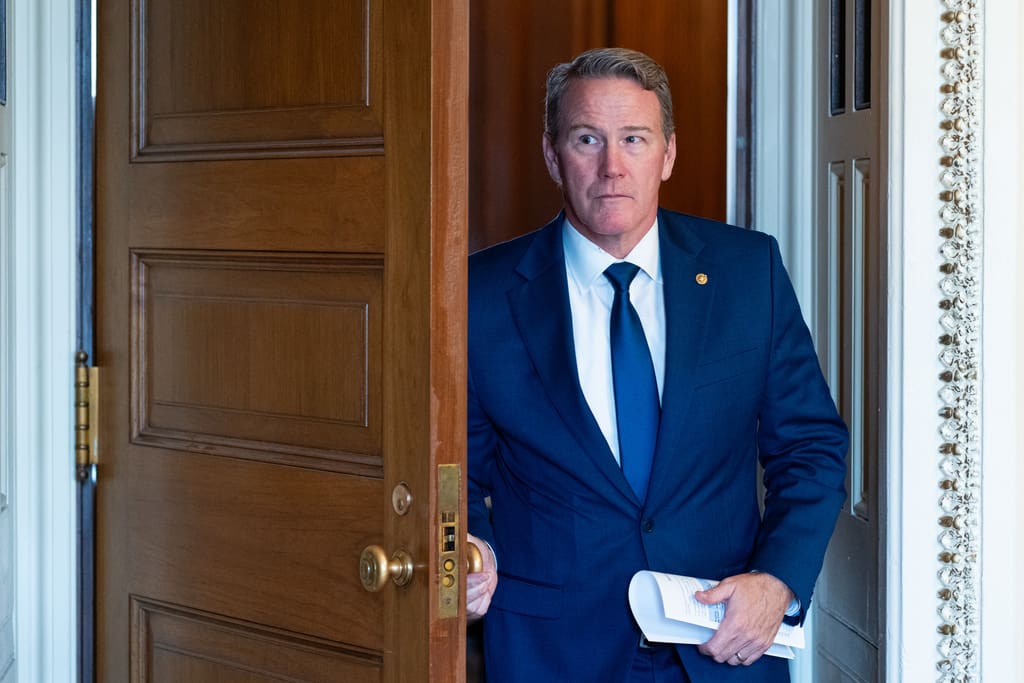Article Summary –
Brittanny Groover, who grew up without health insurance, was diagnosed with Stage 3 melanoma at 27 and relied on Medicaid to cover her expensive cancer treatment. Through her experience, she highlights the critical importance of Medicaid, especially for lower-income individuals, stressing that without it, she would have faced significant medical debt and might have had to compromise on her cancer treatment. Groover now uses her platform to advocate for Medicaid, emphasizing its role as a lifeline for many and urging lawmakers to reconsider cuts to the program, as highlighted by the potential impact of the One Big Beautiful Bill Act.
Growing up without health insurance, Brittanny Groover felt relieved to join Medicaid during her pregnancy with her now 10-year-old son.
“I had my baby, had insurance for the first time, and thought, Hmm, I can schedule doctors’ appointments. Wonder what I should do?” Groover said.
At 32, living in her rural Pennsylvania hometown, Groover immediately sought a doctor for her skin, having spent years suntanning without sunscreen.
She began seeing a dermatologist annually, always receiving a clean bill of health, until the COVID pandemic in 2020 prevented her from getting a skin check. In 2021, at 27, she was diagnosed with Stage 3 melanoma, a form of skin cancer.
It was devastating for Groover, who spent much of her childhood in hospitals while her father received multiple sclerosis treatment. She didn’t want the same for her young son.
“I was a baby when he was diagnosed with MS; I was 12 when he died. I literally kind of thought that was the worst thing that could happen to me in my life ever,” Groover said. “As a 12-year-old, like, Oh, I’m good, I lost my dad at 12, that was really hard. I survived it, and the rest of my life, nothing worse than that could happen, right? And then I find myself 27 years old, with my partner, Myrl, with a 4-year-old son, being told I have cancer. And it was just like a movie, like, I cannot believe this is happening to me.”
To treat her cancer, Groover underwent 18 rounds of immunotherapy, each costing $42,000, covered by Medicaid. Her last treatment was in November 2022.
Since then, she’s used social media and partnered with the American Cancer Society to spread awareness about melanoma and Medicaid’s importance. The program covers about 3 million Pennsylvanians and 78 million Americans. Without it, Groover couldn’t have afforded the costly treatment.
“I never thought that I would be diagnosed with cancer and then have the health insurance that people look down on me for having: I’m a bum, I’m a low-life, all these misconceptions,” Groover said. “I also want to show people I’m a regular person. I am working.”
“I’m a normal person paying our bills, living in a house, raising a family,” Groover continued. “I just need a little bit of help here because, unfortunately, my life has thrown me some things, like losing my dad when I was 12, getting cancer young; I can’t get ahead.”
Not only does she aim to inform the public about Medicaid’s vital role but also urges lawmakers to recognize its importance. Nearly all congressional Republicans voted to cut $1 trillion from Medicaid as part of the One Big Beautiful Bill Act, signed by President Trump. These cuts could leave hundreds of thousands of Pennsylvanians uninsured and cause hospital closures.
“It’s devastating,” Groover said. “I’ve been talking to my lawmakers personally about it because it’s a lifeline for so many people.”
Without Medicaid, Groover says, she most likely would have had to take on significant medical debt, a burden carried by about 8% of American adults that is especially heavy for cancer patients.
“It would have been the difference of what is the cheapest way to beat it, not what is the most effective way to beat it,” she said. “What corners could I cut to save me money so I don’t ruin myself financially because I’m only 27 years old. I have another 50, 60 years on this earth, hopefully, that I have to survive through financially. So if I’m going to put myself in massive debt now, what is the future going to look like for me?
“Am I going to be in debt for the rest of my life, or am I going to try to cut corners — am I going to die early because I’m cutting those corners?” she continued.
Fortunately, Groover didn’t have to ask those questions. She didn’t have to stress about finances while fighting for her life. Now, she encourages lawmakers to listen to the stories of those who credit Medicaid with helping to save their lives. In September, Groover will travel to Washington, D.C., with the American Cancer Society to speak with lawmakers about the importance of Medicaid, in addition to other health care issues. She also regularly calls and emails her congressman, Republican Rep. Guy Reschenthaler, about the Medicaid cuts.
Reschenthaler voted for the One Big Beautiful Bill Act. An estimated 18,645 Pennsylvanians in the lawmaker’s 14th Congressional District are expected to lose Medicaid coverage because of the legislation, according to a statement from Gov. Josh Shapiro’s office.
“I was never a political person before cancer; I wasn’t even registered to vote, and it also took me being diagnosed with cancer to realize that cancer is a political thing,” Groover said. “The things that are happening in politics directly affect cancer patients, and patients of many diseases.”
Cancer has been eye-opening, Groover said, and she’s determined to continue to fight for a country that cares about those who are suffering, which includes everyone being able to receive affordable health insurance.
“This negative connotation of people being on Medicaid has to switch, because it’s not a negative thing,” Groover said. “It’s a wonderful thing. It’s a lifeline, and it’s essential.”
—
Read More Pennsylvania News

